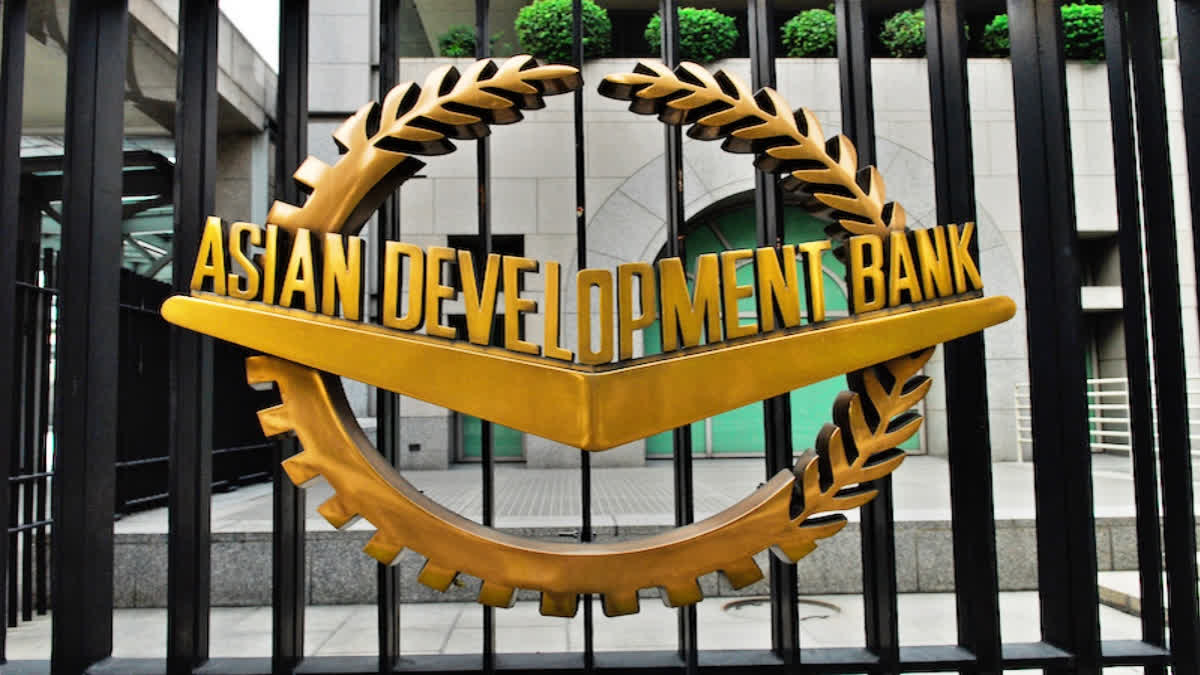India has strongly opposed the Asian Development Bank’s (ADB) decision to provide $800 million in financial assistance to Pakistan, citing fears that the funds could be diverted toward escalating military expenditure rather than vital development projects, a government official revealed on Wednesday.
The ADB package includes a $300 million policy-based loan and a $500 million program-based guarantee aimed at enhancing Pakistan’s fiscal sustainability and public financial management. However, New Delhi has highlighted Islamabad’s rising defence budget, declining tax-to-GDP ratio, and stalled economic reforms as key reasons for its objection.
“Pakistan’s increasing military spending, often at the cost of development priorities, cannot be justified solely by domestic resource limitations,” the official stated. Pakistan’s tax-to-GDP ratio dropped from 13% in FY2018 to just 9.2% in FY2023 despite rising defence outlays.
India has urged the ADB to strictly ring-fence the funds to ensure they are not misused for military purposes. This concern follows a similar objection over the International Monetary Fund’s (IMF) recent ₹8,000 crore loan to Pakistan, with India warning that military purchases tend to spike after receiving international financial aid.
The tensions come on the heels of a deadly four-day military conflict in May between India and Pakistan, triggered by a terror attack in Kashmir. Despite protests from India, Pakistan continues to secure financial support from international institutions amid concerns about the country’s economic governance.
The official further noted that Pakistan’s repeated reliance on IMF bailouts—this being the 24th—raises doubts about the success of past reform programs. “The military’s entrenched interference in economic affairs risks policy slippages and reversals,” the official added, highlighting Pakistan’s poor progress on anti-terror financing actions required by the Financial Action Task Force (FATF).
India has also cautioned the ADB about the credit risk posed by Pakistan’s fragile economy, which is burdened with a high debt-to-GDP ratio and poor credit rating. The official called on the ADB to safeguard its financial health and future prospects by remaining vigilant.

